Hollywood Shut Down: Writers And Actors Strike Impacts Film And Television
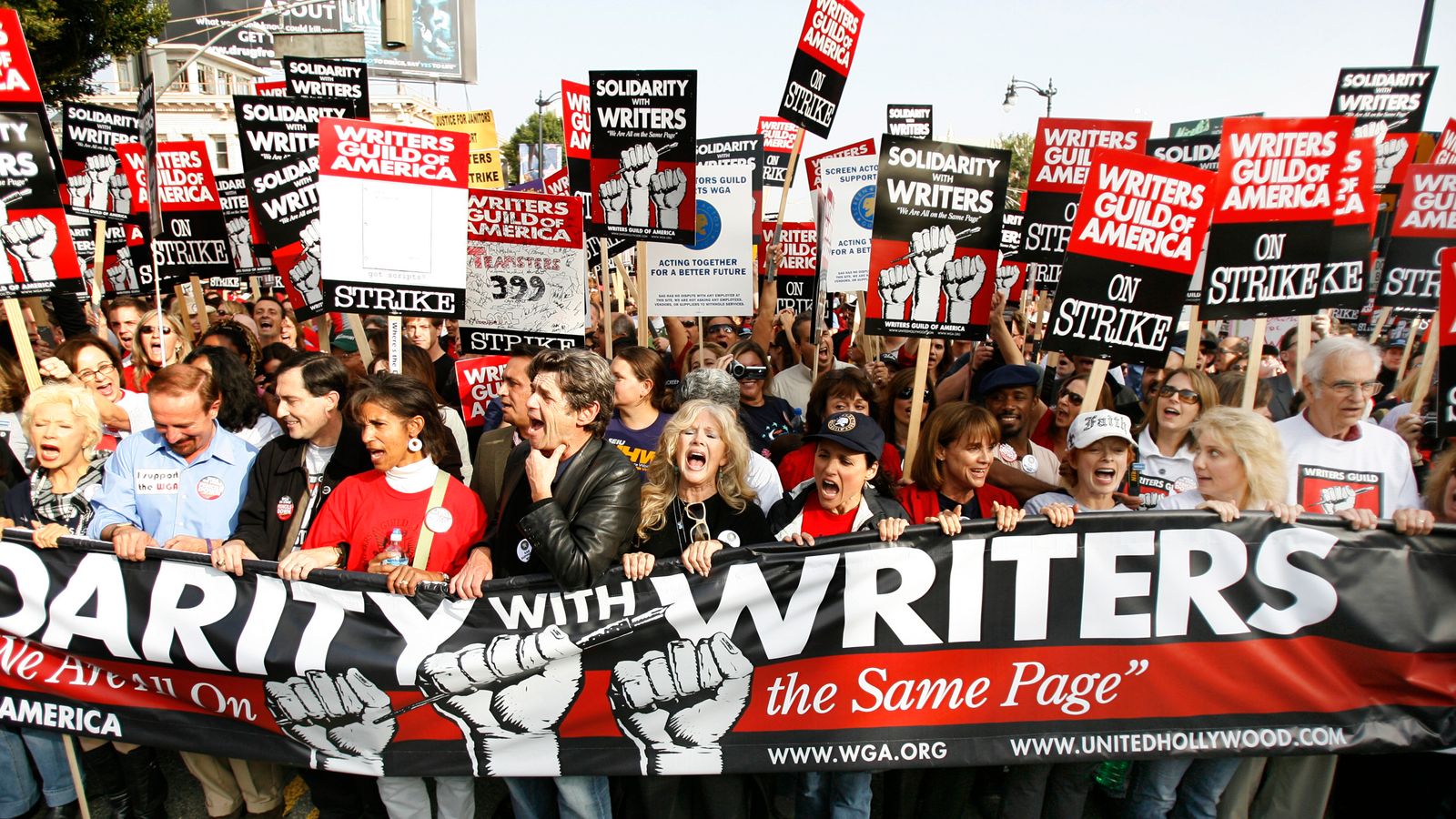
Table of Contents
The Immediate Impact of the Hollywood Strike on Production
The Hollywood strike has had an immediate and dramatic impact on the production of film and television. The ripple effects are felt across the entire entertainment ecosystem.
Halted Productions:
The strike has brought countless projects to a complete halt, creating a massive backlog of unfinished work. This includes:
- Major studio films: High-profile movie productions, often with multi-million dollar budgets, are indefinitely postponed.
- Network television shows: The fall television season is severely threatened, with many shows unable to begin filming new episodes.
- Streaming series: Streaming giants like Netflix, Amazon, and Disney+ are facing significant delays in their content pipelines.
- Independent productions: Smaller, independent films and television projects, often with tighter budgets, are particularly vulnerable. Many face complete cancellation.
Economic Fallout:
The financial ramifications of the Hollywood strike are far-reaching and severe. The shutdown is causing significant economic losses for:
- Studios: Major studios are losing millions in potential revenue from delayed releases and marketing campaigns.
- Production companies: Production companies, both large and small, are facing financial strain due to halted productions and lost opportunities.
- Crew members: Thousands of crew members—from camera operators to gaffers to caterers—are out of work, facing financial hardship.
- Local economies: Cities and towns that rely on film production for economic activity are experiencing significant job losses and reduced revenue.
Delayed Release Dates:
The Hollywood strike is causing major disruptions to planned release schedules. Many anticipated movies and television shows face significant delays, potentially impacting:
- Marketing campaigns: The lack of new content and the uncertainty surrounding release dates are making it difficult for studios to market upcoming projects effectively.
- Box office projections: Delayed movie releases could significantly impact box office revenue and potentially lead to a decline in overall movie viewership.
- Audience anticipation: The extended wait times for beloved shows and anticipated films could lead to a loss of audience engagement and interest.
The Underlying Issues Fueling the Hollywood Strike
The Hollywood strike is not simply about wages; it's a reflection of deeper, systemic issues within the entertainment industry.
Fair Wages and Residuals:
A major point of contention is the issue of fair wages and residuals, especially concerning streaming services.
- Traditional broadcast models provided consistent residuals for actors and writers based on reruns and syndication.
- Streaming models often offer significantly reduced or no residuals, leaving many creatives struggling to make a living. This is a crucial element of the ongoing Hollywood strike.
- The demand for fairer compensation is central to the negotiations between the unions and the Alliance of Motion Picture and Television Producers (AMPTP).
AI Concerns:
The increasing use of artificial intelligence (AI) in writing and acting is a significant point of contention.
- Writers fear that AI will be used to replace human writers, devaluing their skills and contributions.
- Actors are concerned about the potential for AI to mimic their performances, eroding their job security and creative control. This is one of the major points that fueled the Hollywood walkout.
- The unions are pushing for regulations and safeguards to protect creatives from the negative impacts of AI.
Union Strength and Negotiating Power:
The Hollywood strike underscores the power of collective bargaining and the importance of strong unions in protecting workers' rights.
- The united front presented by the WGA and SAG-AFTRA demonstrates the strength and solidarity of organized labor.
- The strike highlights the need for fair labor practices and the importance of protecting the livelihoods of entertainment professionals.
- The success of the strike will greatly influence the future of collective bargaining in the entertainment industry.
The Long-Term Implications of the Hollywood Strike
The long-term effects of the Hollywood strike are uncertain, but several potential outcomes could significantly reshape the entertainment landscape.
Shift in the Entertainment Landscape:
The strike could force studios and streaming platforms to re-evaluate their business models and prioritize fair compensation for creatives. This could lead to:
- New revenue-sharing models that offer more equitable compensation for writers and actors.
- Greater transparency in how streaming platforms determine compensation for their content creators.
- A renewed focus on the value of human creativity in the age of AI.
Potential for Innovation:
The disruption caused by the strike might paradoxically accelerate the adoption of new technologies and creative approaches in filmmaking and television. This might include:
- The exploration of alternative production methods that are less reliant on traditional studio systems.
- The development of new business models that directly benefit creators.
- The fostering of greater collaboration and innovation within the industry.
Impact on Viewers:
The delay or cancellation of projects will undeniably impact viewers, who may experience:
- A shortage of new content: The strike may lead to a decrease in the amount of new films and television shows available to viewers.
- Disruptions to favorite shows: Viewers may experience delays or cancellations of their favorite series, causing frustration and dissatisfaction.
- Changes in viewing habits: The shortage of new content may force viewers to explore alternative entertainment options.
Conclusion: Navigating the Uncertainty of the Hollywood Strike
The Hollywood strike, driven by crucial issues of fair wages, the impact of AI, and the evolving entertainment industry, has brought production to a near standstill. While the immediate effects are visible in stalled productions and economic hardship, the long-term implications remain uncertain. The outcome of this Hollywood strike will significantly shape the future of film and television, influencing how content is created, distributed, and compensated. Staying informed about the developments in this Hollywood strike is essential for anyone involved in or interested in the entertainment industry. Understanding the issues and the potential long-term impacts of this significant labor dispute is key to navigating this period of uncertainty. To stay abreast of the latest developments, continue to follow the news concerning the Hollywood strike and its evolving effects on the future of film and television.

Featured Posts
-
 Spring Break In Okc A Guide To Parks And Activities
Apr 25, 2025
Spring Break In Okc A Guide To Parks And Activities
Apr 25, 2025 -
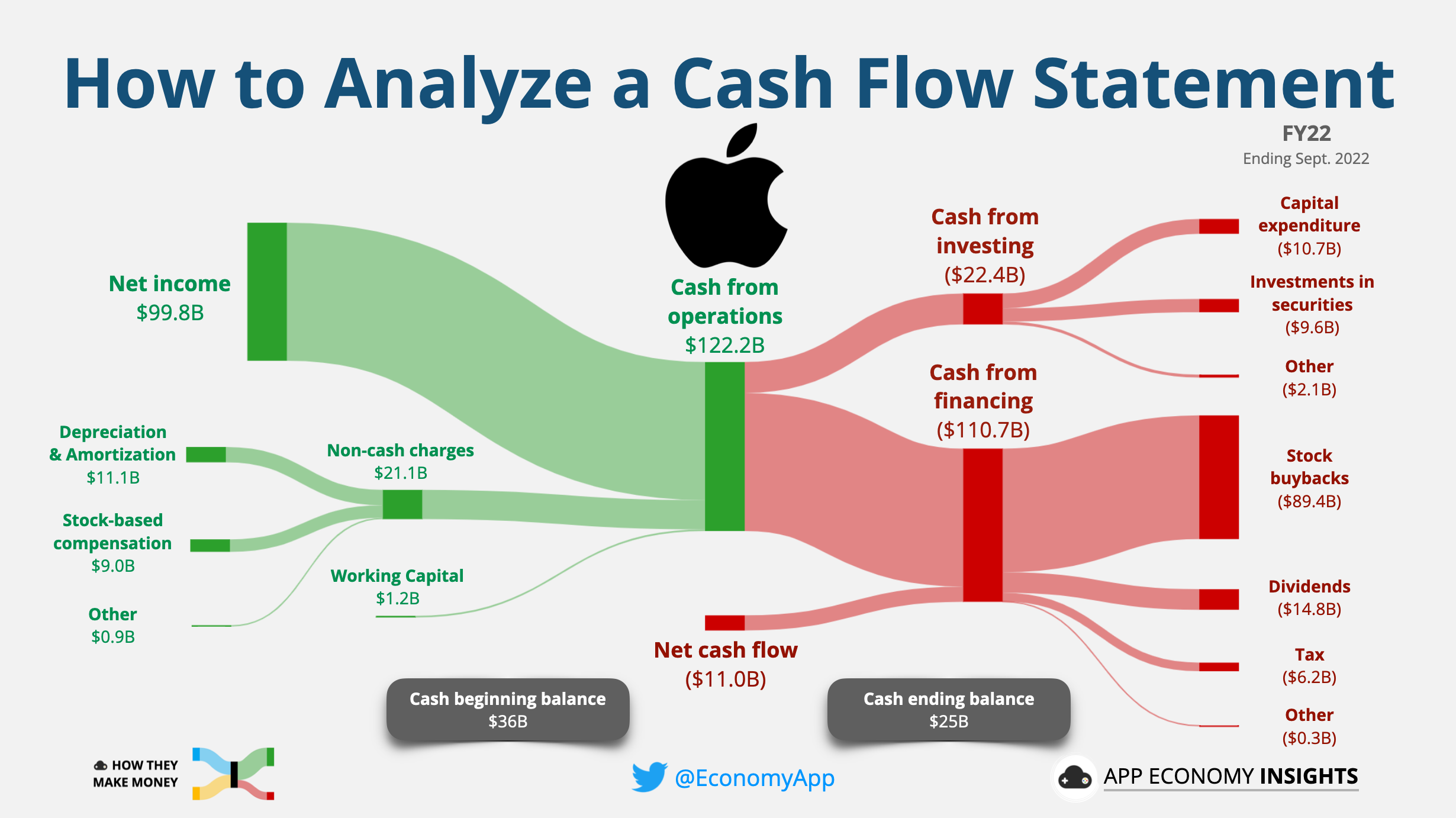 Enis Reduced Cash Flow Impact On Share Buyback And Future Outlook
Apr 25, 2025
Enis Reduced Cash Flow Impact On Share Buyback And Future Outlook
Apr 25, 2025 -
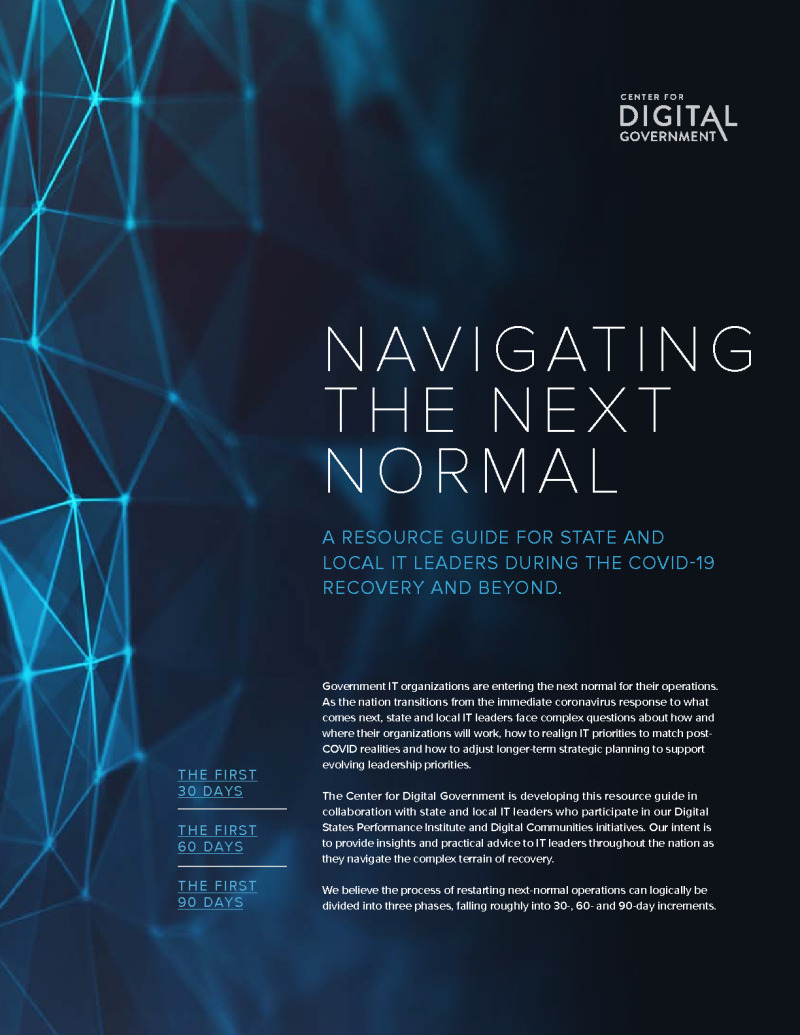 Huge Stock Swings Navigating The New Normal For Investors
Apr 25, 2025
Huge Stock Swings Navigating The New Normal For Investors
Apr 25, 2025 -
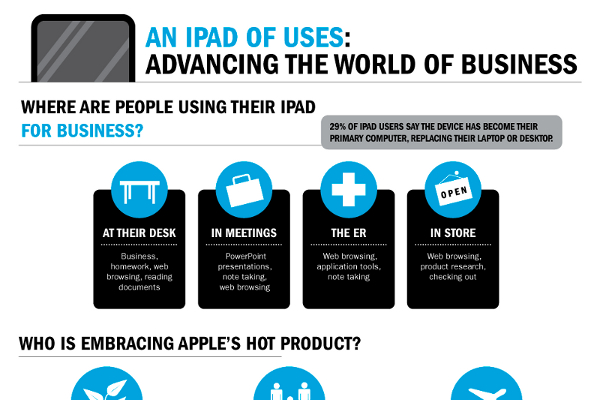 How Rented I Pads Boost Business Conference Networking
Apr 25, 2025
How Rented I Pads Boost Business Conference Networking
Apr 25, 2025 -
 Ray Epps V Fox News A Deep Dive Into The January 6th Defamation Lawsuit
Apr 25, 2025
Ray Epps V Fox News A Deep Dive Into The January 6th Defamation Lawsuit
Apr 25, 2025
Latest Posts
-
 Ridley Scotts New Apple Tv Series 5 Reasons The Reviews Are Positive
Apr 25, 2025
Ridley Scotts New Apple Tv Series 5 Reasons The Reviews Are Positive
Apr 25, 2025 -
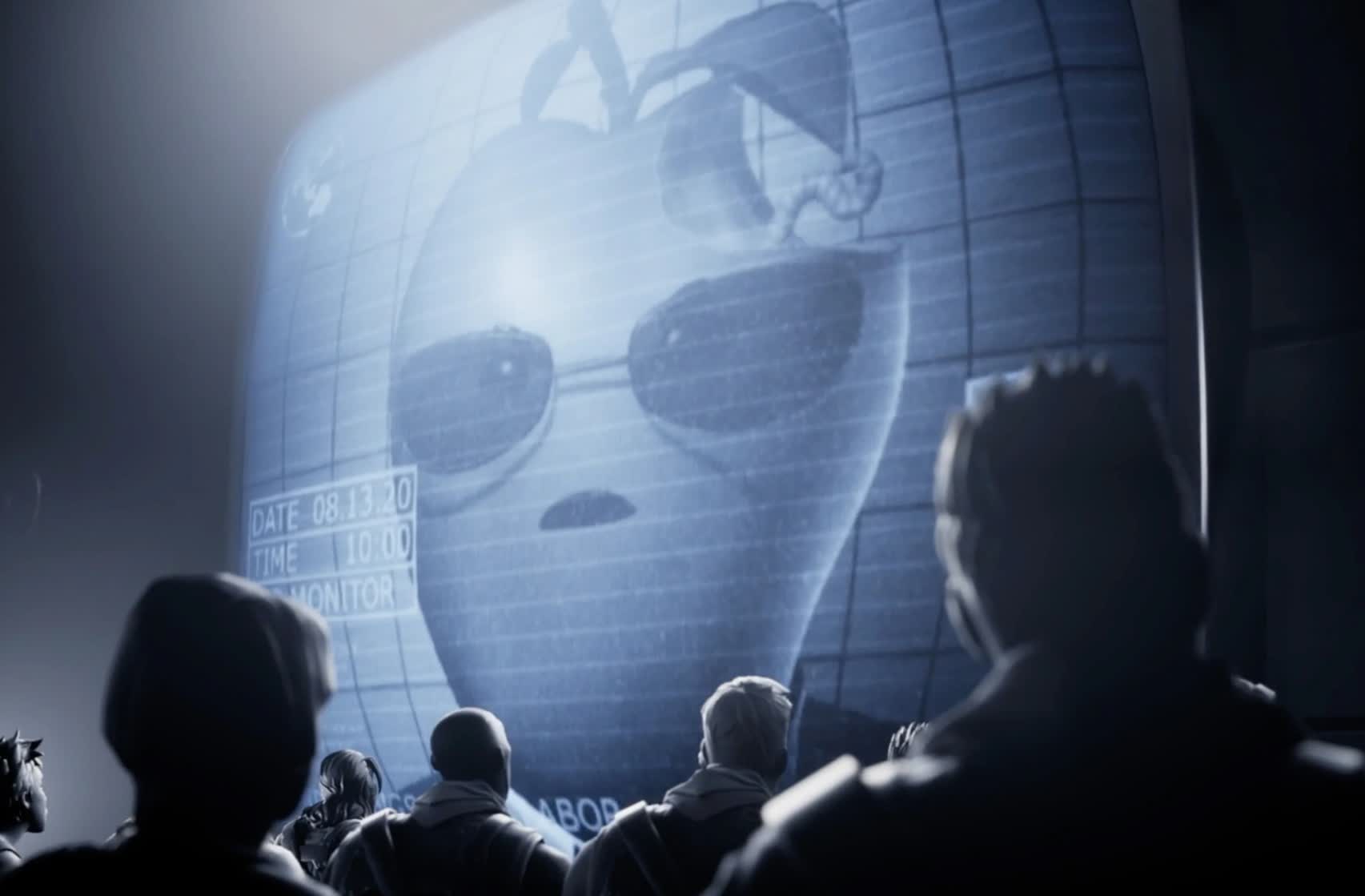 5 Reasons Ridley Scotts Apple Tv Show Is Generating Promising Reviews
Apr 25, 2025
5 Reasons Ridley Scotts Apple Tv Show Is Generating Promising Reviews
Apr 25, 2025 -
 The Impact Of Makeup On Skin A Comprehensive Guide
Apr 25, 2025
The Impact Of Makeup On Skin A Comprehensive Guide
Apr 25, 2025 -
 Does Makeup Damage Your Skin Separating Fact From Fiction
Apr 25, 2025
Does Makeup Damage Your Skin Separating Fact From Fiction
Apr 25, 2025 -
 Su 7 Ultra
Apr 25, 2025
Su 7 Ultra
Apr 25, 2025
